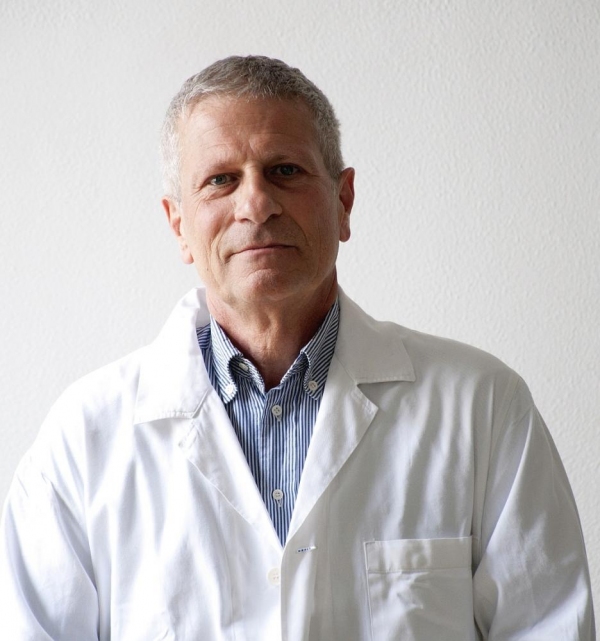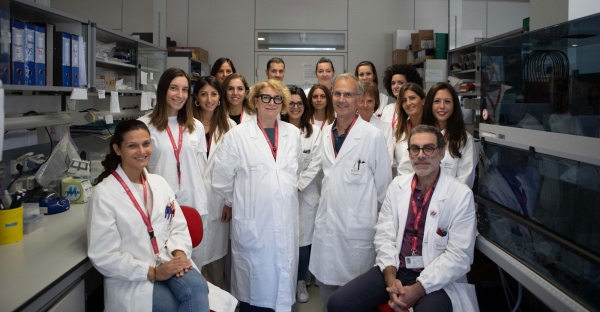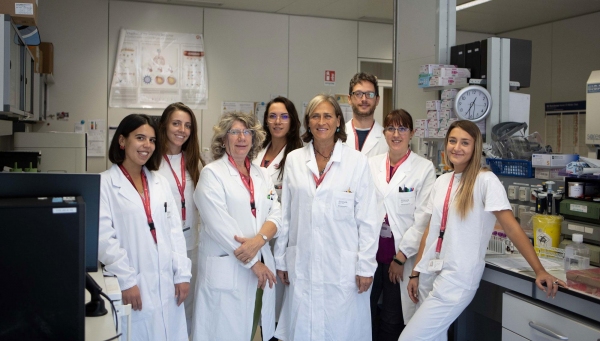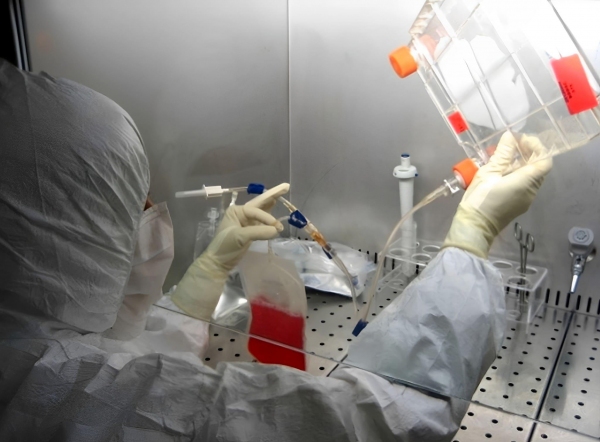Innovative strategies in organ and cell transplantation and approach to the transplant candidate /
Pediatric Nephrology and Dialysis - Kidney Transplantation
Nephrotic syndrome
Research activity focuses on studying the mechanisms underlying nephrotic syndrome, the cause of which is not yet known and is characterized by damage to the renal glomerulus, which can lead, in some cases to gradual loss of renal function with the need for dialysis and renal transplantation. Researchers use cutting-edge molecular technologies (i.e. -omics and flow cytofluorimetry) to evaluate immune cell components possibly involved in the onset of nephrotic syndrome. Also in this area, serum and urinary biomarkers are being studied that can noninvasively diagnose this condition. In addition, a dynamic three-dimensional millifluidic model capable of mimicking the complex structure of the glomerulus in vitro has been developed to represent its morphology and study the interactions between its constituent cells in a pathological context such as nephrotic syndrome.
Obstructive Uropathies
The primary objective of the study is to analyze the secretome of amniotic fluid and from the urine of fetuses with lower urinary tract obstruction to identify possible biomarkers of tissue remodeling events in the kidneys, which may function as predictors of the risk of developing chronic renal failure in the postnatal period.
The Laboratory also studies in vitro the response to the pro-fibrotic/inflammatory environment of renal tubule cells to assess the acute damage mechanisms associated with obstructive uropathies and how to counteract them.
Extracellular vesicles (EVs) and pediatric kidney disease
The study from the composition and function of EVs (elements of the plasma and urinary secretome) in the propagation of damage in children with a kidney disease, along with their use as pharmacological vectors in various nephro-urological diseases.
Extracellular vesicles (EVs) and extracellular matrix
The role of cross-talk of different components of the tumor microenvironment in tumor propagation (e.g., colorectal and kidney cancer).
Clinical research activities:
- Ongoing clinical trials:
Work continues on the Predict study, a clinical project enrolling infants with grade III-V vesicoureteral reflux with the aim of evaluating the efficacy of antibiotic prophylaxis in reducing symptomatic UTI and its influence in changing the gut microbiota induced by continuous antibiotic exposure. Enrollment has been completed in 2021, and our center continues to coordinate the project and data collection internationally.
The clinical project for the use of cord-derived mesenchymal stromal cells in patients with Cortico-dependent Nephrotic Syndrome, funded by the 2016 AIFA Call for proposals, continues.
The department also continues with an intense and rich clinical research activity involving the main diseases of nephrological interest such as chronic renal failure anemia, SEU, Lupus Nephritis, Renal Transplantation, Hemodialysis and Peritoneal Dialysis, glomerulopathies, etc.
Cytofluorimetry: two BD FACScanto II (3-laser configuration); one BD FACSaria III sorter (4-laser configuration), and one BD Aria FACS (3-laser configuration).
Microscopy: confocal Leica TCS SP5 miscroscope, a NikonTiE widefield microscope automated and equipped with an incubator for acquisition from live cells or organoids, including in high-content mode, a Leica DMI4000B widefield microscope as well as a dedicated workstation using the Volocity, Metamorph, Cell Profiler, and ImageJ programs for image analysis.
Next Generation Sequencing facility: tools Fluidigm C1TM Systems (Fluidigm) and 10XGenomics, for gene expression profiling at the single cell level. Fluidigm's BioMark HD instrument for High Throughput quantitative PCR.
- University of Milan (UNIMI)
- University of Padua (UNIPD)
- University of Turin (UNITO)
- University of Bologna (UNIBO)
- European Rare Kidney disease reference network (ERKNet/ESPN)
- European paediatric nephrology group (ESCAPE Network)
- Federal University of Rio de Janeiro (UFRJ)
- Federal University of São Paulo (UNIFESP)
1 full professor, 10 pediatricians, 1 university researcher, 1 health researcher, 2 PhD biotechnologists, 1 biostatistician, 1 biotechnology research fellow.
—
Other activities in this Research Line
Innovative strategies in organ and cell transplantation and approach to the transplant candidate
Thoracic Surgery and Lung Transplant
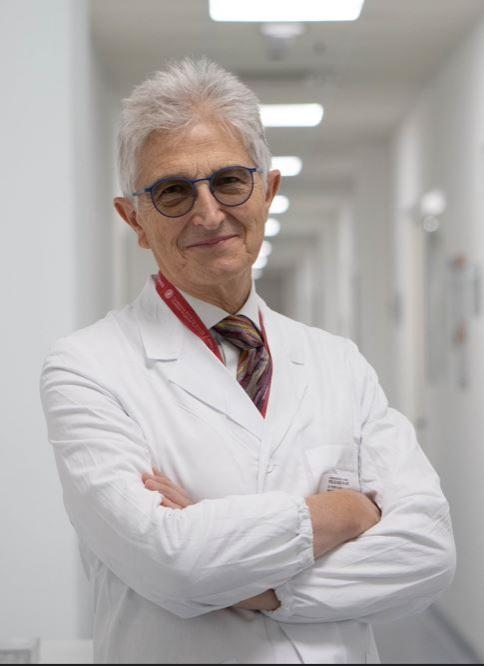
Mario Nosotti
Anatomical Pathology
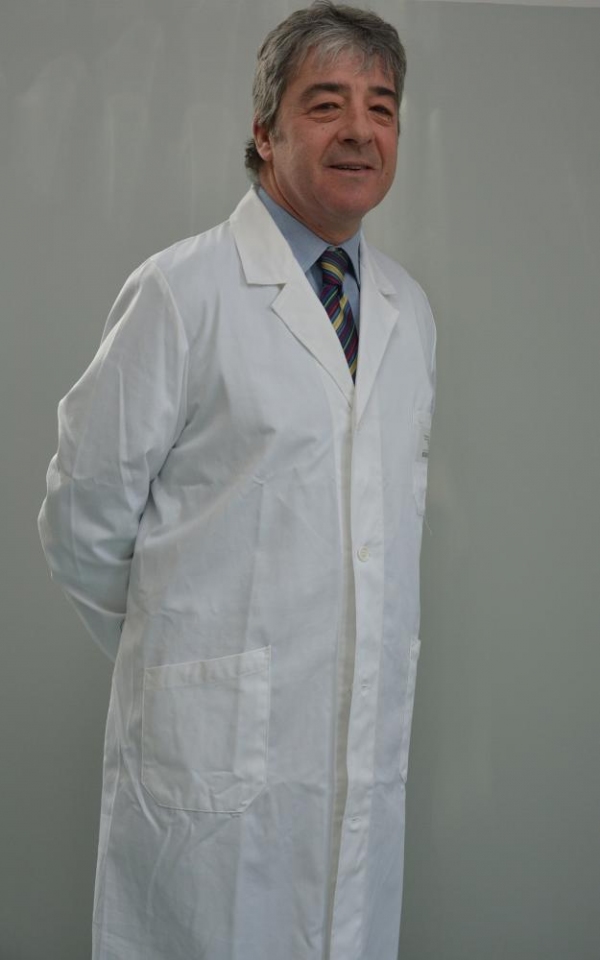
Stefano Ferrero
General Surgery - Liver Transplant

Cristiano Quintini
Pediatrics - Gastroenterology, hepatology, pediatric transplantation and Cystic Fibrosis
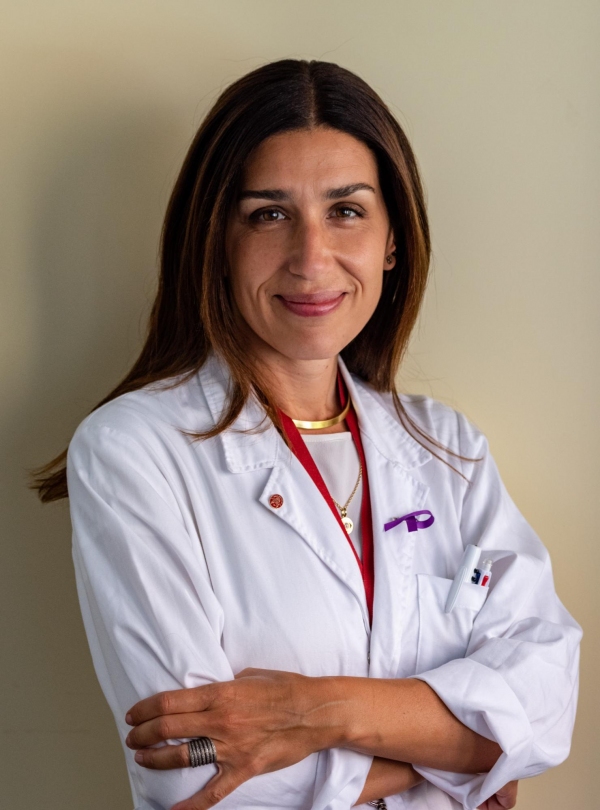
Marina Aloi
Nephrology, Dialysis, and Kidney Transplantation

Giuseppe Castellano
